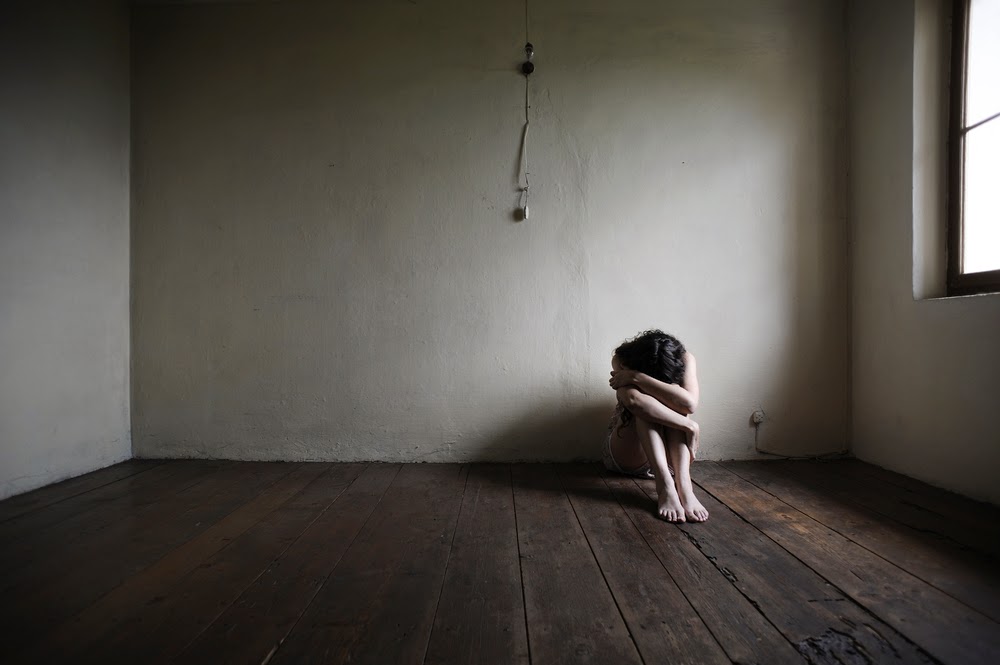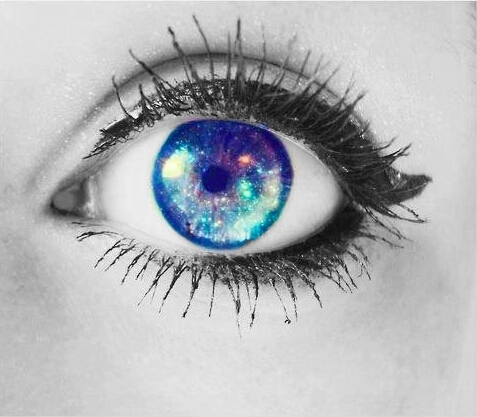“The greatest gift of privilege is the luxury of ignoring misfortune.” A striking work of creative nonfiction, draped in the echoes of William Yeats’ “The Second Coming,” that gives voice to those willfully ignored when the reality of their existence deems itself inconvenient…

by: Jordan Houston
Turning and turning in the widening gyre
I was a shivering little black boy somewhere in that sea of people on the National Mall when Barack Obama was first inaugurated. The weather was hellish in that ninth circle kind of way, inhumanely cold. I remember how the frosty grass crunched as I lay curled in the fetal position on a thin blanket spread out — as much as it could be, given how tightly packed we were — over the hard ground, my eyes clenched shut as I waited for Obama to deliver his speech. I kept telling myself that all the misery would be worth it, that I was a part of history. I was eight years old then, and I remember how excited I felt, how certain I was that things were going to be different from then on.
Now here we are, more than ten years later.
I don’t remember what he said in that inaugural speech, but I’m glad that I don’t. If I did, I’d probably just look back and laugh at how naive I was to have ever believed him. I’m nostalgic for that excitement I felt on that day and for what Obama meant to me back then. I’m twenty years old now, and I’ve stopped reading the news regularly because all it does is make me sad, angry, and — more than anything else — tired.
The falcon cannot hear the falconer;
The greatest gift of privilege is the luxury of ignoring misfortune. To be born without that gift is akin to staring directly at the sun. I (and others like me) am in a state of constant and non consensual awareness. I envy the ignorant.
I’ve had a lot of conversations where I’ve felt like I was talking to a pre-recorded message, or like I was on mute. It’s less that I feel looked over and more that I feel looked through — willfully ignored when the reality of my existence is inconvenient.
If a tree fell in the forest, even if there were plenty of people around to hear it, I’m certain that they could convince themselves that it did not make a sound. Many trees have fallen, recently, dragged down by the weight of the bodies swinging from their branches.
Things fall apart; the centre cannot hold;
For years now, I’ve been telling myself that the current state of affairs is unsustainable. It’s like when I tell myself at night that I’m going to wake up early the next morning and be productive. Deep down I know it’s not true, but it eases my mind a little and helps me cope. “Things can’t keep going like this, or else…” has become a lullaby for me.
The rotten foundation has been brought into the open air, and it’s becoming harder to ignore. Not impossible — never impossible — but it will start taking more conscious effort to do so, which I guess is something of a consolation.
Mere anarchy is loosed upon the world,
When the protests started in June, I wanted to join them, but I couldn’t be sure of my safety, and I couldn’t bear the image of my mother crying.
The blood-dimmed tide is loosed, and everywhere
The ceremony of innocence is drowned;
I don’t remember the exact moment that I became disillusioned. I don’t think those kinds of things happen all at once, though. It’s a gradual process: a slow descent from optimism into pessimism, from expectation into ennui. I can think of a thousand little things that slowly — like a rotund, lumbering anaconda — strangled and smothered whatever hope I once possessed.
Going to school in the South will do that to you.
I remember being told I wasn’t really black because I wasn’t “ghetto,” and because I wrote and spoke the “right way.” I remember a friend in class insisting to me that businesses should be allowed to discriminate however they wanted — including based on race — and that the Civil Rights Act of 1964 was a mistake. I remember a classmate telling me to “Burn in hell, nigger,” and I being too surprised by it to do anything but stare.
I’m sure there are a thousand other things that I can’t remember.
The best lack all conviction, while the worst
Are full of passionate intensity.
I almost admire the tirelessness of some bigots. I guess a part of me respects the dedication with which they adhere to their prejudices. It amazes me sometimes; I just can’t imagine devoting that much of my time and energy to making someone else’s life worse. The passion is impressive, if despicable.
The gap in passion is worrying, though. It seems that those who hate me (and others like me) are much more enthusiastic than those who ostensibly love me (and others like me). On the other side of the stadium is a vast crowd of diehards, while I am flanked on all sides by fair-weather fans.
Surely some revelation is at hand;
Surely the Second Coming is at hand.
I want to believe that things will change (they always have before, right?)…
The Second Coming! Hardly are those words out
When a vast image out of Spiritus Mundi
Troubles my sight: somewhere in sands of the desert
A shape with lion body and the head of a man,
A gaze blank and pitiless as the sun,
…but a part of me is afraid that we’ve already reached the boundaries of human empathy…
Is moving its slow thighs, while all about it
Reel shadows of the indignant desert birds.
The darkness drops again; but now I know
That twenty centuries of stony sleep
Were vexed to nightmare by a rocking cradle,
…and that this is as good as things are ever going to get (they’re better than they ever have been though, right?).
And what rough beast, its hour come round at last,
Slouches towards Bethlehem to be born?
If I live long enough to have a child, I think I’ll cry when I first hold them. Then I’ll kiss them on the forehead and apologize for bringing them into this world, as any responsible parent should.
Jordan Houston is currently a student at Wake Forest University, and his previous publications are “My Father, My Father,” on Across the Margin and “On Dixie” on Ad Aequiora.





